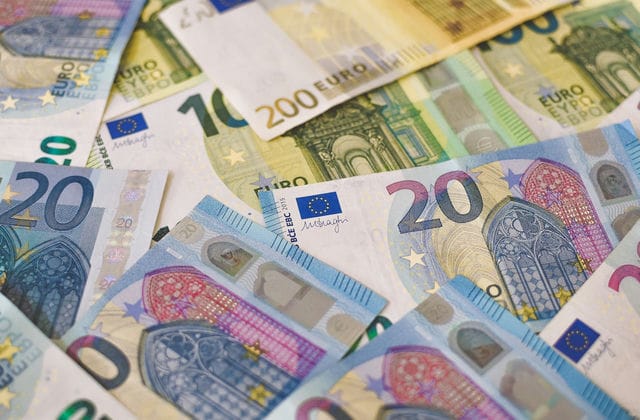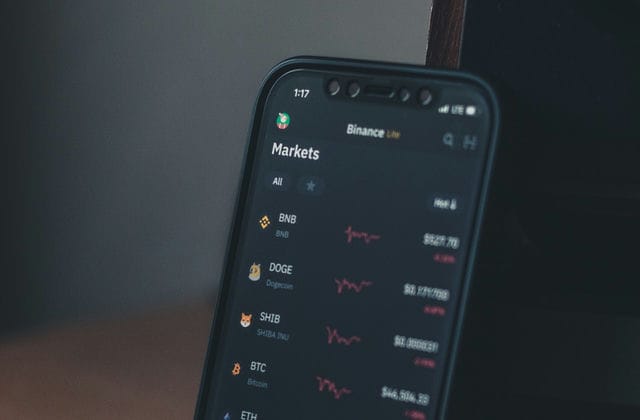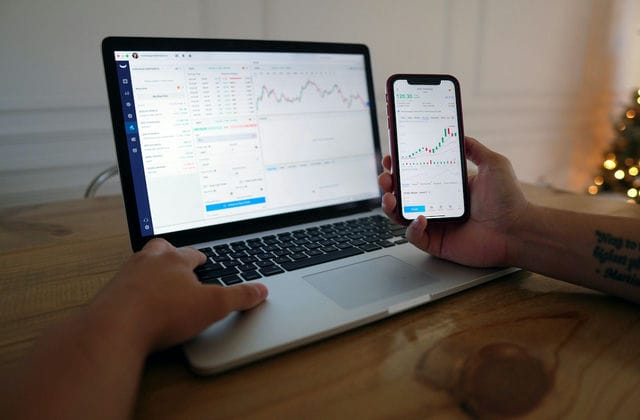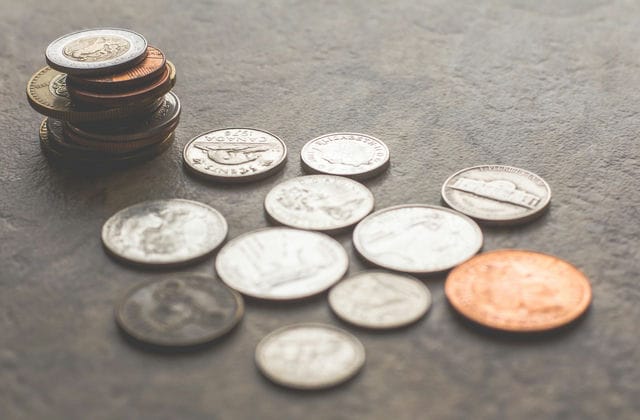Quantitative trading refers to a securities investment method that uses modern statistics and mathematical methods and computer technology to conduct trading, which greatly reduces the impact of investor sentiment fluctuations and avoids making irrational investment decisions under extreme fanaticism or pessimism in the market.

What is the effect of quantitative trading?
The effect of quantitative trading is much better than that of manual operation. It can basically defeat most retail investors and even some hot money operations. In the secondary market, most people lose money because of psychological and emotional influence, which leads to operational errors in many cases. Quantitative trading can well avoid this situation. Quantitative trading requires a strong team to operate, monitor, analyze and prevent special situations. The buying and selling point of quantitative trading is also the best position finally obtained through complex calculation of fundamental, technical and logical aspects.

Quantitative transactions have the following characteristics:
- Discipline
Make decisions based on the running results of the model, not on feelings. Discipline can not only overcome the weaknesses of human nature such as greed, fear and fluke psychology, but also overcome cognitive bias and can be tracked.
- Systematicity
The specific performance is "three more". First, there are multiple levels, including models at the three levels of asset allocation, industry selection and selection of specific assets; Second, from multiple perspectives, the core idea of quantitative investment includes macro cycle, market structure, valuation, growth, earnings quality, analyst earnings forecast, market sentiment and other perspectives; The third is multi data, that is, the processing of massive data.
- Arbitrage thought
Quantitative investment captures the opportunities brought by wrong pricing and wrong valuation through comprehensive and systematic scanning, so as to find valuation depressions and make profits by buying undervalued assets and selling overvalued assets.
- Probability wins
First, quantitative investment continuously excavates the laws that are expected to repeat from historical data and makes use of them; The second is to win by portfolio assets rather than by single assets.





























